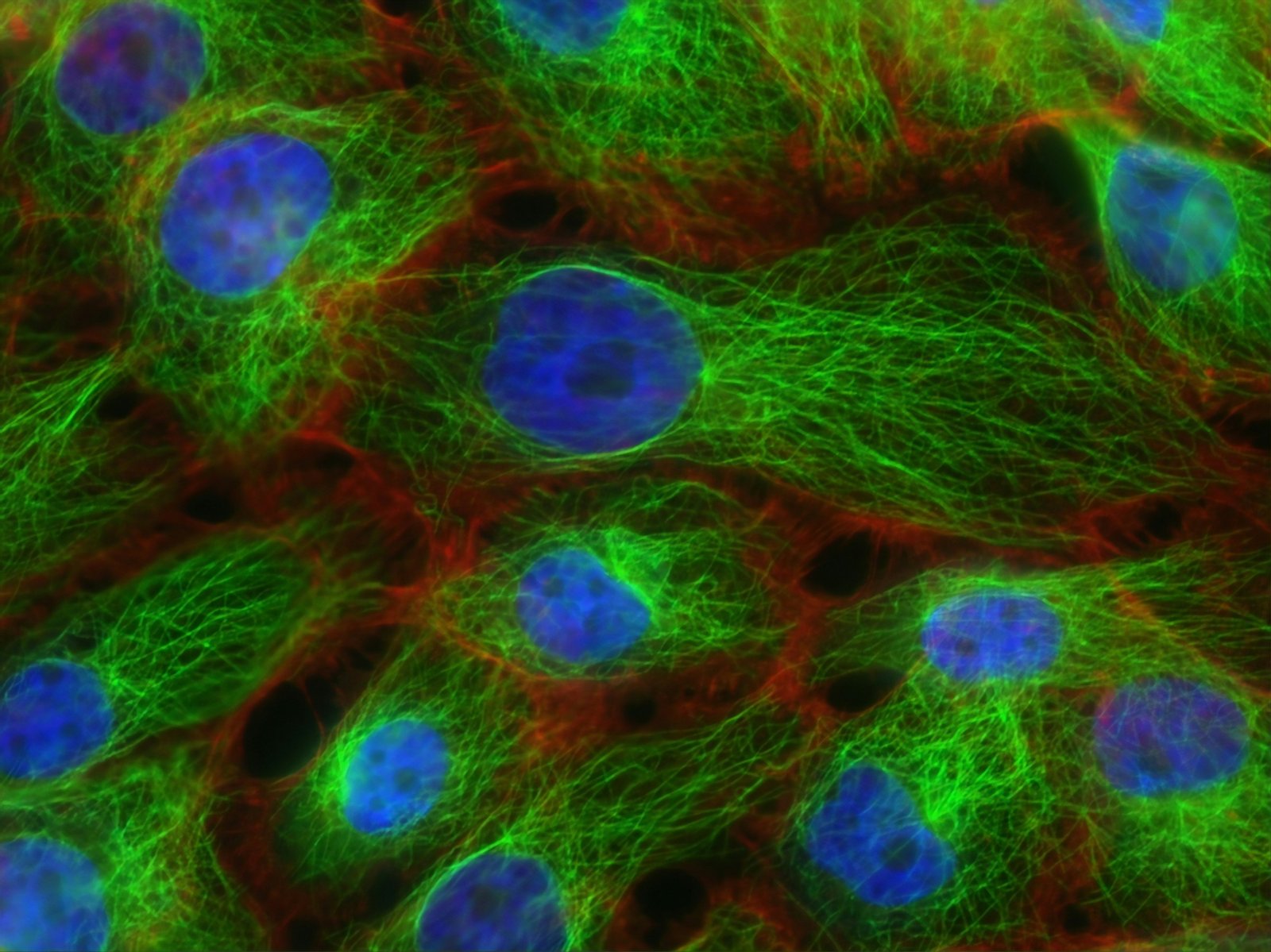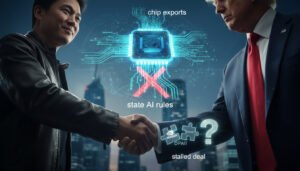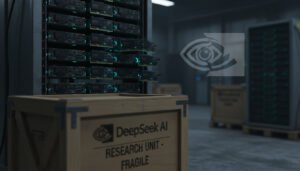AI Updates: OpenAI and Cancer Research, Data Privacy & Workplace Impact
Can AI Cure Cancer…?
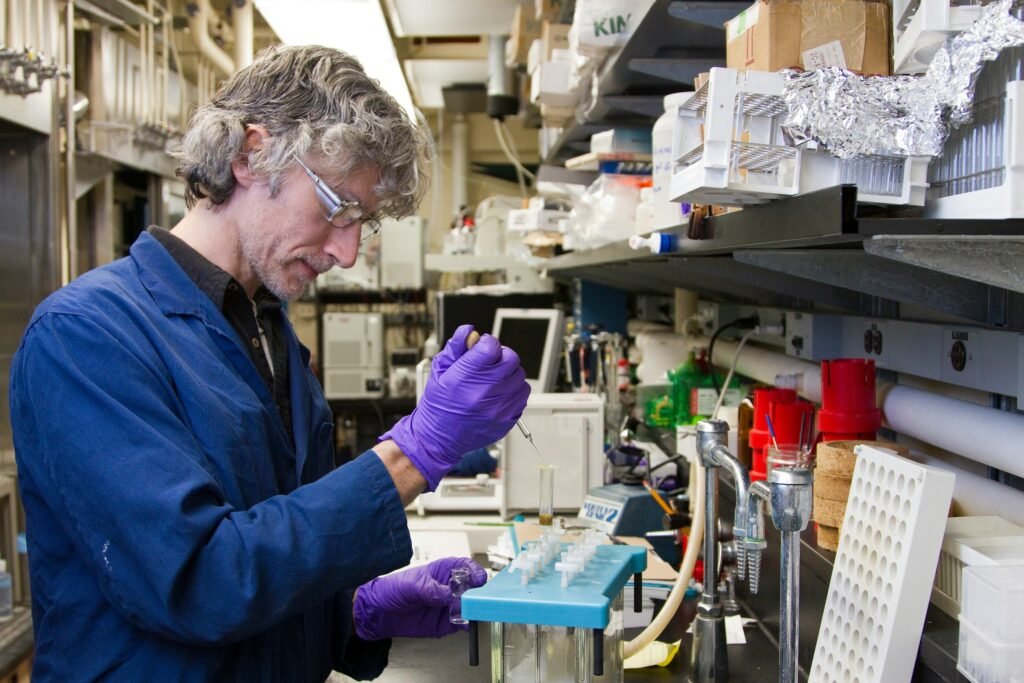
Since I am a cancer researcher, I wanted to report on this. As you know there are a million promises on what AI can do for medicine, yet, very little is shared about what it cannot do!
The inherent biological complexity and heterogeneity of cancer, together with limitations in data quality, quantity, and diversity for training robust models, makes it even harder to 100% trust AI. Sam Altman promised president Trump a few months back that AI would have done a lot…however, the challenges remain even afte they spoke to scientists at Moderna, Memorial Sloan Kettering, or established resaerchers like Dr. Andrea Califano.
They all still recognize the limitations of AI, so, sorry for being a Debdy downer…we are not there yet!
Check out the full article: How AI Will Actually Contribute to a Cancer Cure
AI and Privacy: Global Legal Landscape 2024-2025

This update is really cool because it tackles one of our big modern dilemmas: privacy. I came across an analysis on the Cloud Security Alliance blog that explains how different regions are gearing up for stricter data privacy rules as AI gobbles up more data. In simple terms, as our digital footprints grow, so do risks of data misuse—meaning regulators need to step in with new laws.
The piece lays out how international businesses, legal teams, and even everyday users will be affected by evolving rules (think of it as a tangled web of global privacy policies). It’s all about creating a balance between innovative tech and protecting our personal information.
Read more here: AI and Privacy 2024 to 2025: Embracing the Future of Global Legal Developments
Early Research on AI’s Workplace Impact
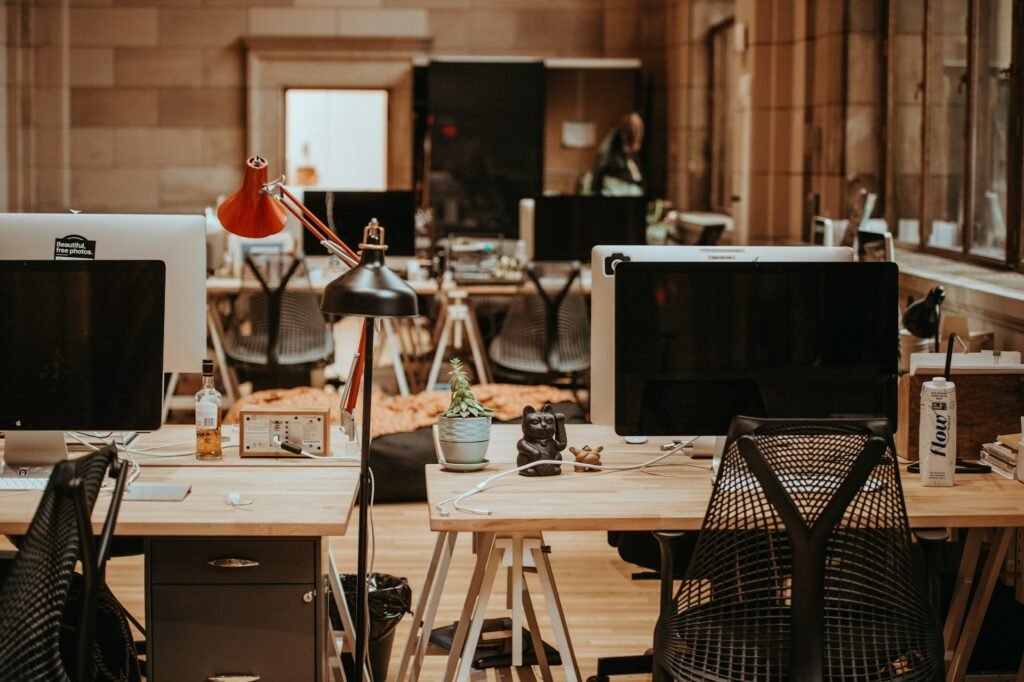
This is going to help anyone in the workforce. I found an article on Business Insider that sums up some early research into how AI is shaking up our work environments. The findings are a mixed bag: while AI tools such as code generators and writing assistants boost productivity—especially for lower-skilled workers—they also bring in new challenges. Some roles experience disruption or even skill degradation when over-reliant on automation (basically, robots helping too much can sometimes make us a little lazy).
The study, referenced by experts like Ethan Mollick, shows that while AI enhances certain tasks, it also introduces fresh workflow complexities. For anyone adapting to this new tech frontier, continuous learning is the key to staying ahead.
For more details, check out the Business Insider article: AI is making work better — and messier. Early research suggests who’s thriving, who’s not, and why.
Fun Fact: Think of AI in the workplace like a power tool—it can do wonders when used correctly, but misuse it and you might just hurt yourself.
“`
